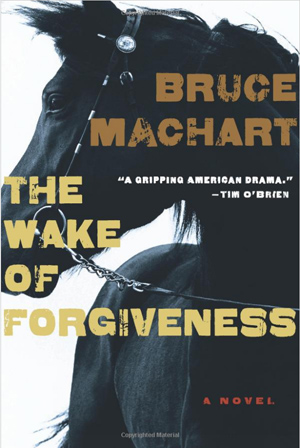 I admit I was put off by the cover of The Wake of Forgiveness
I admit I was put off by the cover of The Wake of Forgiveness – a profile in black and white of a horse wearing a snaffle bridle. Good fiction is one of my passions, but I outgrew “horse fiction” with Black Beauty, when I was 12. Then I read a blurb for the book by Tim O’Brien, author of The Things They Carried
, a riveting read about a platoon of American soldiers in the Vietnam war, that was a finalist for the Pulitzer Prize in 1990.
The Wake of Forgiveness, by Bruce Machart, isn’t about war. But it is rife with life and death struggles. And although it’s not a Western, horses and cattle are an integral part of its story. Here’s what Tim O’Brien says about it:
“The prose is polished and evocative, the physicality of rural Texas in the year 1910 shimmers with loving exactitude, and the story of Karel Skala is a gripping American drama of misplaced guilt, familial struggle, and a search for identity. What a fine, rich, absorbing book.”
The setting of the novel is Lavaca County, Texas, once a haven for mustangs and cattle, but by 1910, country dominated by cotton farms, owned by frugal Czech immigrants, who like most Texans love good quarter horses horses and a good horse race.
Machart’s seamless prose draws you into the story. Here’s an excerpt from page 20:
The horses reared and surged and the smoke from Lad’s gun flew up in a windswept whirl and circled itself like a confused spirit into the creekside trees. The boys got up fast in their stirrups, and by the time they urged their animals up to speed, hoof sod flying behind them as they tore past the cheering line of men and between the two fires and into the darkness, eleven-year-old Karel was laying it on thick with his whip.
This boy had been outriding his older brothers since he was nine and when his old man bragged on one of his sons – which was rare and only brought on by drink and never within earshot of the boys themselves – the words he found himself slurring were always the same: “That youngest of mine, men, he could whip some fast into a common ass.”
The book, in fact, opens with Karel’s birth and his Mother’s death – “…blood slicked and clot flecked, he appeared to have been as much ripped from flesh as born of it” – and the themes of love, loss and redemption carry through.
Pick this book up and, I think, you will find it hard to put down.
